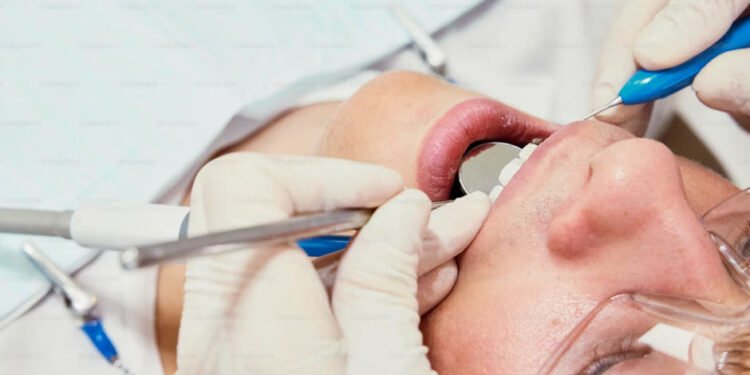Wisdom teeth, a common name for the third—and last–set of molars that are located in the back of your mouth, usually come in between the ages of 17 and 25. In many cases, it is recommended you have these teeth removed because they come in at the wrong angle, they’re trapped under your gums, or your mouth is not big enough to hold them. If this is the case for you, your dentist will usually refer you to an oral surgeon to perform wisdom teeth removal near me.
Here’s everything you need to know about what to expect before, during, and after your wisdom teeth removal surgery.
Preparing for Your Surgery
Before your surgery, you will have a consultation appointment with your oral surgeon. During this meeting, you will discuss any health problems you currently experience as well as prescriptions you take on a regular basis. You will also talk about the best form of anesthesia for you, and how long you need to take off work or school. This is the time to ask your surgeon any questions you have prior to the procedure.
During Your Surgery
In most cases, wisdom teeth removal near me will only take around 45 minutes. When you go in for your appointment, you will be made comfortable and then receive the anesthesia you discussed with your surgeon during your consultation. You will receive either local anesthetic, which numbs the area, IV sedation, which will make you drowsy, or general anesthesia, which will make you sleep during the entire procedure.
During the surgery, your surgeon will remove your wisdom teeth. In some cases, he or she will need to cut your bones or teeth in order to get the teeth out and will then stitch the areas shut with dissolving stitches. You will not have to get these removed. Gauze will then be put in your mouth and you will be allowed to recover from your anesthesia before being taken home. You will not be able to drive after your surgery.
After Your Surgery
You can expect to experience swelling and some mild discomfort for around three days after your surgery though it may take a few weeks to heal completely. During this time, you can use an ice pack, heat, and any prescription or over-the-counter pain relief medications your doctor has prescribed or recommended. Make sure to eat soft food, drink plenty of fluids, avoid drinking through a straw, and brush your teeth gently starting the second day after surgery. Call your surgeon if you develop a fever or if the pain and swelling starts to get worse.
Choosing Wisdom Teeth Removal Near Me
If your dentist has recommended you get your wisdom teeth removed, he or she will usually recommend an oral surgeon their office trusts. If not, you can do some online research, read online reviews, and ask around to see who others have used to get their wisdom teeth out. In most cases, going with the surgeon your dentist recommends is the best choice as they continue to refer to them for a reason and you can trust their expertise.












